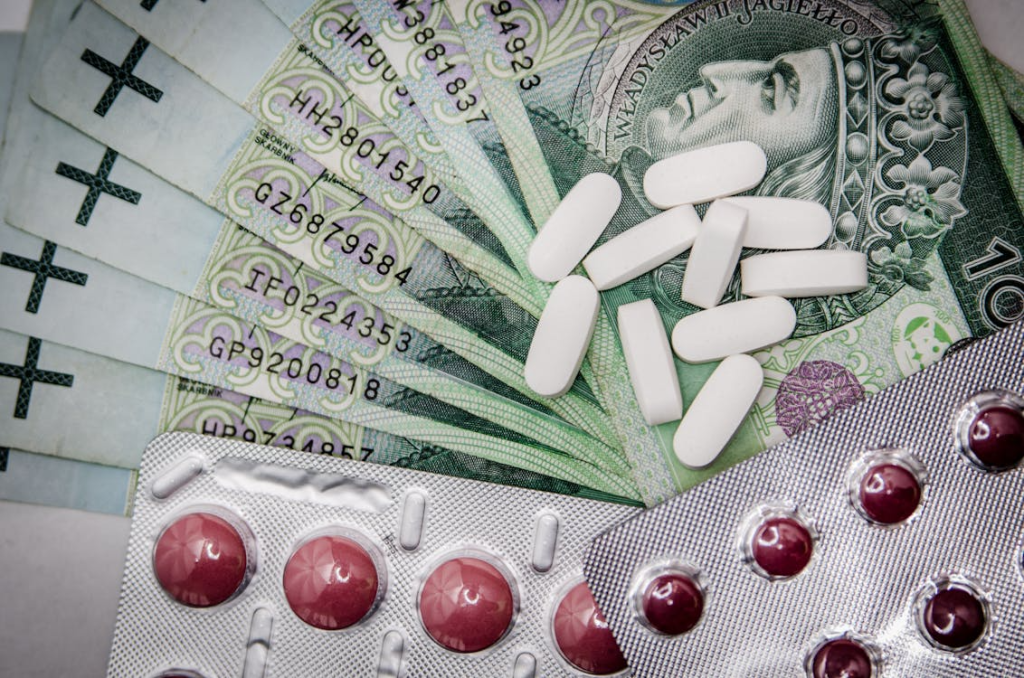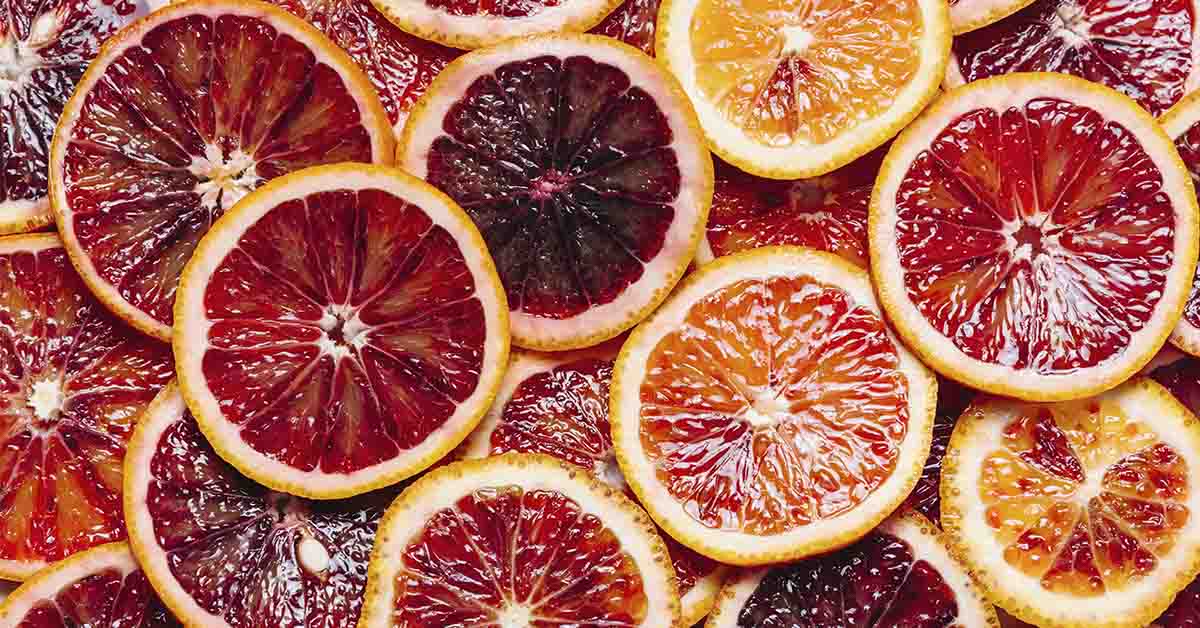Since the rise of wellness experts on social media, trends around dietary supplements have emerged. More than half of all American adults take at least one dietary supplement daily. The dietary supplement industry has grown from 4,000 products in 1994 to 80,000 today, generating approximately $40 billion in annual sales. Dietary supplements can be useful for people who don’t get the recommended nutrients from their regular diet. However, many supplements are nonessential and have no proven medical benefit.
Experts believe that people without pre-existing health conditions who eat a healthy diet may not need supplements. Furthermore, a growing body of evidence suggests that a balanced, healthy diet is superior to isolated supplements. Studies repeatedly demonstrate that nutrients from food offer greater bioavailability, better absorption, and synergistic health benefits that supplements cannot provide.
Why dietary supplement alternatives are important for your health

According to the FDA, dietary supplements are classified in groups beneath food products. The dietary supplement industry is also subject to minimal regulatory oversight. Unlike prescription drugs, dietary supplements do not require FDA approval before they go on the market. Studies reveal troubling contamination problems: dietary supplements contain heavy metals, pesticides, and unlisted ingredients that have been linked to serious health risks. Furthermore, research shows that 82% of weight-loss supplements had inaccurate labels, with 61% of packages missing ingredients.
Since the rise of wellness experts on social media, trends around dietary supplements have emerged. More than half of all American adults take at least one dietary supplement daily. The dietary supplement industry has grown from 4,000 products in 1994 to 80,000 today, generating approximately $40 billion in annual sales. Dietary supplements can be useful for people who don’t get the recommended nutrients from their regular diet. However, many supplements are nonessential and have no proven medical benefit.
Experts believe that people without pre-existing health conditions who eat a healthy diet may not need supplements. Furthermore, a growing body of evidence suggests that a balanced, healthy diet is superior to isolated supplements. Studies repeatedly demonstrate that nutrients from food offer greater bioavailability, better absorption, and synergistic health benefits that supplements cannot provide.
Why dietary supplement alternatives are important for your health

According to the FDA, dietary supplements are classified in groups beneath food products. The dietary supplement industry is also subject to minimal regulatory oversight. Unlike prescription drugs, dietary supplements do not require FDA approval before they go on the market. Studies reveal troubling contamination problems: dietary supplements contain heavy metals, pesticides, and unlisted ingredients that have been linked to serious health risks. Furthermore, research shows that 82% of weight-loss supplements had inaccurate labels, with 61% of packages missing ingredients.

